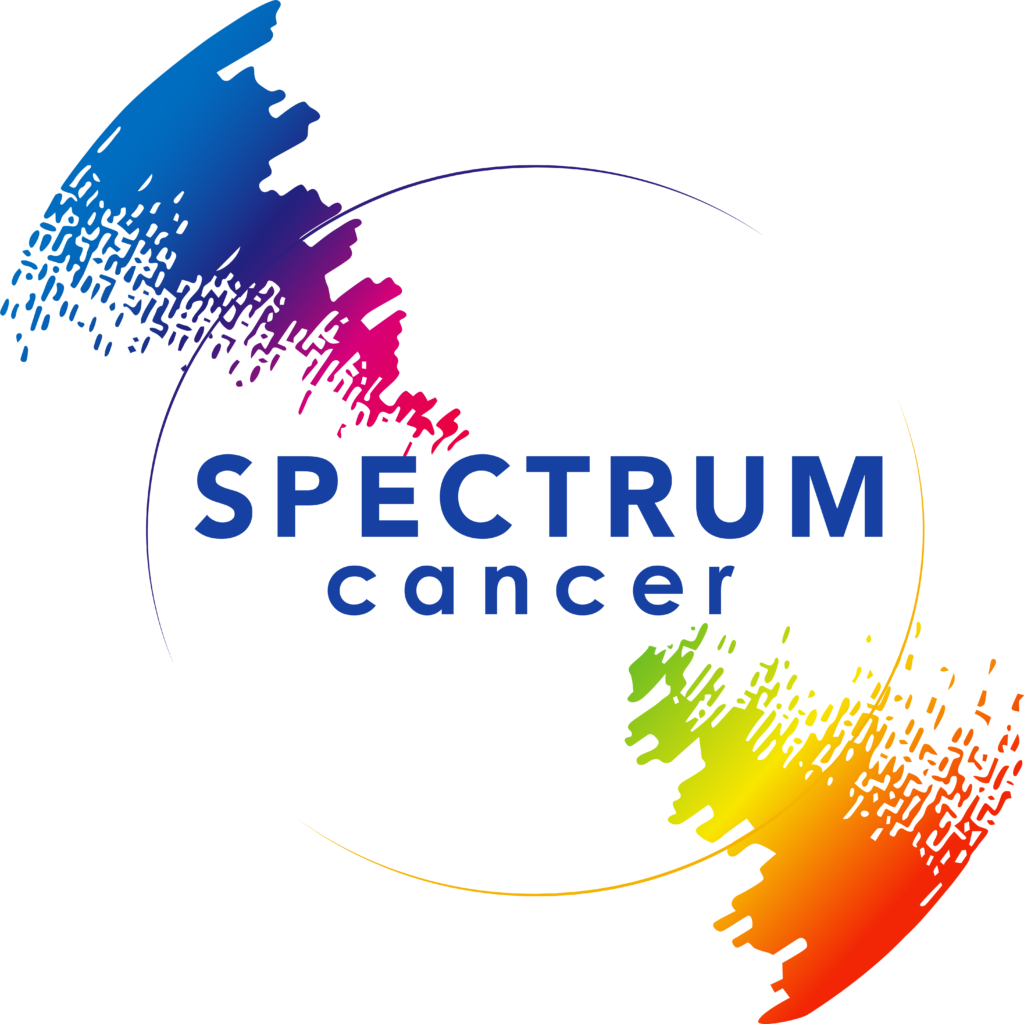Nutrition
Nutrition
INTRODUCTION
The Crucial Role of Nutrition During Cancer Treatment
Cancer treatment is a challenging journey that not only impacts the body physically but also places significant demands on overall health and well-being. In this battle against a formidable opponent, nutrition emerges as a crucial ally. The role of proper nutrition during cancer treatment cannot be overstated—it plays a vital role in supporting the body’s ability to withstand treatments, maintain strength, and aid in recovery.
Understanding the Challenges
Cancer treatments such as chemotherapy, radiation therapy, and surgery can take a toll on the body in various ways. These treatments not only target cancer cells but can also affect healthy cells, tissues, and organs.
Side effects commonly associated with cancer treatment include:
- nausea
- vomiting
- loss of appetite
- fatigue
- changes in taste and smell
- mouth sores
- digestive issues
These challenges can make it difficult for patients to maintain a healthy diet, leading to unintended weight loss, malnutrition, and decreased quality of life. However, you can combat many of these setbacks with proper nutrition.
The Importance of Proper Nutrition
- Supporting Overall Health: Good nutrition provides the body with essential nutrients such as vitamins, minerals, proteins, carbohydrates, and fats that are necessary for maintaining overall health. During cancer treatment, the body requires additional nutrients to repair damaged tissues, support the immune system, and cope with the stress of treatments.
- Managing Treatment Side Effects: A well-balanced diet can help manage and reduce the severity of treatment side effects. For example, consuming small, frequent meals can alleviate nausea and vomiting. Maintaining adequate hydration can prevent dehydration, a common issue during chemotherapy.
- Preserving Strength and Energy: Cancer treatments can lead to fatigue and weakness. Proper nutrition helps preserve muscle mass, maintain energy levels, and improve overall strength, enabling patients to better tolerate treatment sessions and maintain daily activities.
- Enhancing Immune Function: The immune system plays a critical role in fighting cancer and preventing infections. Certain nutrients, such as antioxidants found in fruits and vegetables, can strengthen the immune system and aid in recovery.
- Improving Quality of Life: Good nutrition contributes to a better quality of life for cancer patients. By meeting nutritional needs, patients may experience improved mood, better sleep, and a greater sense of well-being, which are essential factors in the healing process.
Key Nutritional Considerations
During cancer treatment, patients may benefit from specific dietary adjustments tailored to their needs:
- Caloric Needs: Adequate calorie intake is important to prevent unintentional weight loss and maintain energy levels. In some cases, nutritional supplements may be recommended to meet calorie requirements.
- Protein: Protein is crucial for tissue repair and immune function. Including lean meats, fish, poultry, dairy products, beans, and nuts can help meet protein needs.
- Fluids: Staying hydrated is essential, especially during treatments that can cause dehydration. Water, herbal teas, and clear broths are good options.
- Fruits and Vegetables: These provide essential vitamins, minerals, and antioxidants. Even if taste changes occur, incorporating a variety of colorful fruits and vegetables remains beneficial.
- Whole Grains: Foods like whole grain bread, brown rice, quinoa, and oats provide fiber and sustained energy, important for maintaining digestive health.
Consultation with Healthcare Providers
Individual nutritional needs can vary based on cancer type, treatment regimen, and overall health status. Therefore, it’s essential for patients to work closely with healthcare providers, including oncologists, dietitians, and nurses, to develop personalized nutrition plans. These plans can address specific challenges and optimize nutritional intake throughout treatment and recovery.
BALANCING YOUR DIET
Nutrition Tips During Cancer Treatment: Supporting Your Health
Navigating nutrition during cancer treatment can be crucial for managing symptoms, maintaining strength, and supporting overall well-being. A balanced diet plays a vital role in helping your body cope with the challenges of treatment and recovery. Here are some essential nutrition tips to consider during this critical time:
1. Prioritize Nutrient-Dense Foods
Opt for foods that provide the most nutrients per serving, such as fruits, vegetables, whole grains, lean proteins, and healthy fats. These foods can help maintain energy levels and support your immune system, which is often compromised during cancer treatment.
2. Stay Hydrated
Hydration is key, especially if you experience side effects like nausea, vomiting, or diarrhea. Drink plenty of water throughout the day. If plain water is unappealing, try adding lemon or cucumber slices for flavor or opt for herbal teas.
3. Manage Digestive Issues
Digestive problems are common during treatment. To ease discomfort, eat smaller, more frequent meals and avoid greasy, spicy, or very sweet foods. Choose easily digestible options like broth-based soups, steamed vegetables, and lean proteins.
4. Maintain Protein Intake
Protein is essential for tissue repair and maintaining muscle mass. Include protein-rich foods such as poultry, fish, eggs, dairy products, beans, nuts, and seeds in your diet. If you have difficulty eating solid foods, consider protein shakes or smoothies.
5. Address Changes in Taste and Smell
Chemotherapy and radiation can alter your sense of taste and smell, making certain foods unappealing. Experiment with different seasonings, marinades, and textures to find what works for you. Cold foods may have less odor and can be more palatable.
6. Boost Calories Wisely
Some cancer treatments can lead to weight loss or decreased appetite. To maintain a healthy weight, include calorie-dense foods like avocados, nuts, seeds, and healthy oils (e.g., olive oil) in your meals. Snack on nutritious options like yogurt, cheese, or nut butter.
7. Consider Supplements
Talk to your healthcare team about whether you need supplements. Vitamin and mineral deficiencies can occur during treatment, but it’s important to get guidance on what supplements are safe and necessary for you.
8. Manage Fluid Retention
Certain medications and treatments may cause fluid retention. Limit sodium intake by avoiding processed foods and excessive salt. Instead, choose fresh foods and use herbs and spices for flavor.
9. Listen to Your Body
Everyone’s experience with cancer treatment is unique. Pay attention to how your body responds to different foods and adjust your diet accordingly. Keeping a food diary can help you track what works well and what doesn’t.
10. Seek Support
Nutritional needs can change throughout treatment, so don’t hesitate to seek guidance from a registered dietitian specializing in oncology. They can provide personalized advice based on your specific needs and treatment plan.
TIPS
Food Recommendations During Cancer Treatment: Nourishing Your Body
Eating well during cancer treatment is essential for maintaining strength, managing side effects, and supporting overall health. While individual needs may vary, incorporating nutrient-rich foods into your diet can help you feel better and support your body’s ability to heal. Here are some healthy food recommendations to consider:
Fruits and Vegetables
Why: Rich in vitamins, minerals, antioxidants, and fiber, fruits and vegetables support your immune system and overall health.
Tips:
– Opt for a variety of colors to ensure a range of nutrients.
– If raw vegetables are hard to tolerate, try steaming or blending them into soups or smoothies.
– Frozen fruits and vegetables are convenient and retain their nutrients.
Whole Grains
Why: Whole grains provide energy, fiber, and important nutrients like B vitamins and iron.
Tips:
– Choose whole grain options such as brown rice, quinoa, oats, whole wheat bread, and whole grain pasta.
– These foods can help maintain steady energy levels throughout the day.
Lean Proteins
Why: Protein is crucial for repairing tissues and maintaining muscle mass.
Tips:
– Include lean protein sources such as poultry, fish, eggs, tofu, beans, and legumes.
– Greek yogurt and cottage cheese are also excellent sources of protein that can be easier to digest.
Healthy Fats
Why: Healthy fats provide essential fatty acids and support overall health.
Tips:
– Include sources of healthy fats like avocados, nuts, seeds, and olive oil in your diet.
– These fats can help with nutrient absorption and provide satiety.
Dairy or Dairy Alternatives
Why: Dairy products and alternatives provide calcium and vitamin D, which are important for bone health.
Tips:
– Choose low-fat or fat-free dairy products if tolerated.
– If you’re lactose intolerant, opt for lactose-free milk or fortified plant-based alternatives like almond milk or soy milk.
Hydration
Why: Staying hydrated is crucial, especially if you experience nausea, vomiting, or diarrhea.
Tips:
– Drink plenty of water throughout the day.
– Herbal teas, coconut water, and diluted fruit juices can also contribute to hydration.
Small, Frequent Meals
Why: Eating smaller meals more frequently can help manage nausea, improve digestion, and maintain energy levels.
Tips:
– Plan snacks like fruit with nut butter, yogurt with granola, or whole grain crackers with cheese.
– Focus on easy-to-digest options that are appealing to you.
Foods Rich in Antioxidants
Why: Antioxidants help protect cells from damage and support overall health.
Tips:
– Include foods like berries, leafy greens, nuts, and seeds that are high in antioxidants.
– These foods can help counteract oxidative stress caused by treatment.
Manage Symptoms with Specific Foods
Why: Some foods can help alleviate specific symptoms like nausea or constipation.
Tips:
– Ginger can help ease nausea. Try ginger tea, ginger candies, or adding fresh ginger to meals.
– Prunes, figs, and fiber-rich foods can help with constipation.
Individualize Your Diet
Why: Every person’s nutritional needs during cancer treatment are unique.
Tips:
– Keep a food diary to track what works well for you and what doesn’t.
– Consult with a registered dietitian specializing in oncology to tailor a diet plan to your specific needs and treatment.
OPEN COMMUNICATION
Questions to Ask Your Healthcare Provider
When navigating nutrition during cancer treatment, it’s crucial to have open communication with your healthcare team. Here are some important questions to ask your doctor or oncologist:
General Nutrition Guidance:
- What dietary changes or recommendations are important during my specific treatment regimen?
- Are there any foods or supplements I should avoid or limit during treatment?
- Can you recommend a registered dietitian or nutritionist who specializes in oncology?
Managing Side Effects:
- What can I do to manage common side effects like nausea, vomiting, or appetite changes through diet?
- Are there specific foods or drinks that could help alleviate symptoms like fatigue or constipation?
- Should I adjust my diet based on my current side effects or symptoms?
Maintaining Nutritional Balance:
- How can I ensure I’m getting enough nutrients to support my immune system and overall health during treatment?
- Should I consider nutritional supplements? If so, which ones and in what doses?
- Are there specific dietary goals I should focus on, such as increasing protein intake or staying hydrated?
Weight Management:
- How can I manage my weight during treatment, especially if I’m experiencing changes in appetite or metabolism?
- What strategies can I use to maintain a healthy weight or address unintended weight loss or gain?
Hydration and Fluid Intake:
- How much fluid should I be drinking daily? Are there any guidelines specific to my treatment or condition?
- Are there preferred fluids or electrolyte-rich drinks that I should consider?
Special Dietary Considerations:
- I have dietary restrictions/allergies. How can I navigate these while ensuring I get adequate nutrition during treatment?
- Are there any specific foods or diets that are known to interact with my treatment or medications?
Long-Term Nutrition and Recovery:
- What dietary changes should I consider as I transition from active treatment to recovery and survivorship?
- Are there ongoing dietary guidelines or considerations I should follow after completing treatment?
Monitoring and Support:
- How often should I review my diet and nutrition plan with my healthcare team during treatment?
- Who should I contact if I have questions or concerns about my diet or nutrition between appointments?
By asking these questions, you can gain valuable insights into how to best support your health and well-being through nutrition during cancer treatment. Remember, your healthcare team is there to provide guidance and support tailored to your individual needs and circumstances.
Conclusion
Eating a healthy diet during cancer treatment can help optimize your body’s ability to tolerate treatment, maintain energy levels, and support overall well-being. Focus on nutrient-dense foods like fruits, vegetables, whole grains, lean proteins, and healthy fats. Stay hydrated, listen to your body, and seek guidance from healthcare professionals or a dietitian as needed to ensure you’re meeting your nutritional needs throughout your treatment journey. By prioritizing nutrition, you can play an active role in supporting your health and recovery.
Remember, your healthcare team is there to support you every step of the way, so don’t hesitate to ask questions and seek guidance on your nutritional journey. By taking proactive steps towards a balanced diet, you can help optimize your body’s ability to tolerate treatment and promote recovery.







